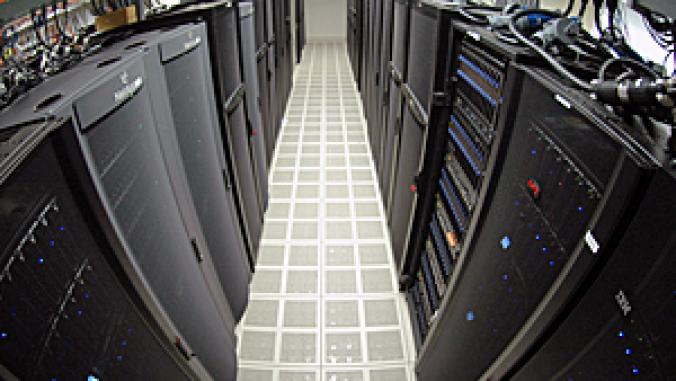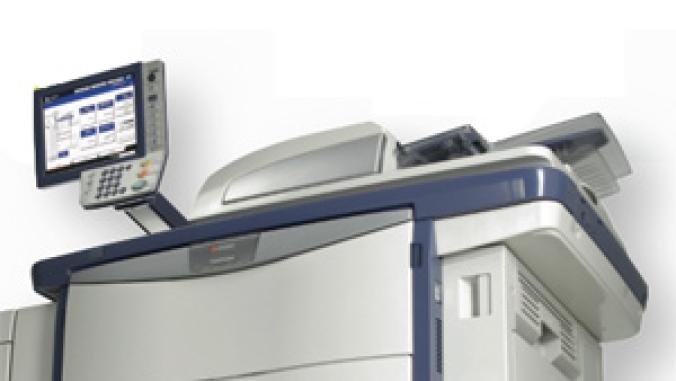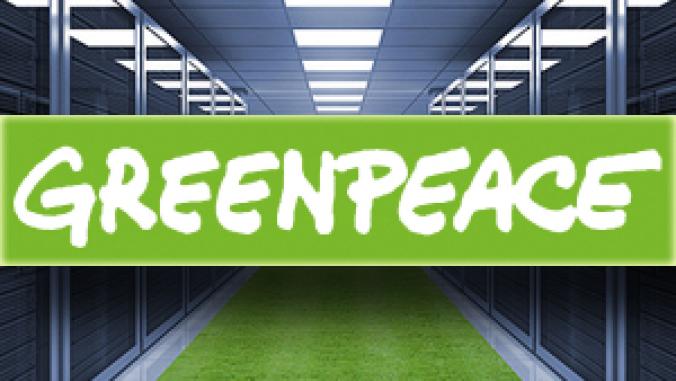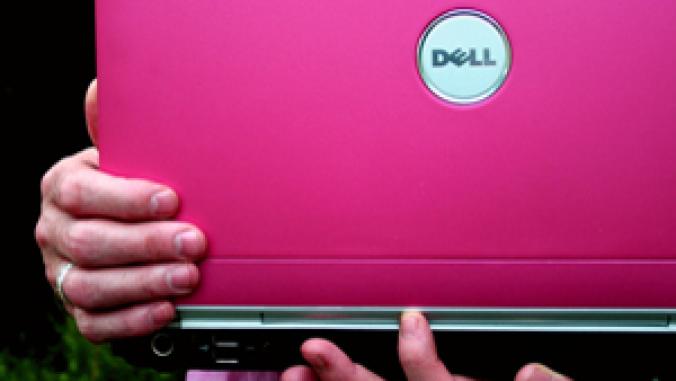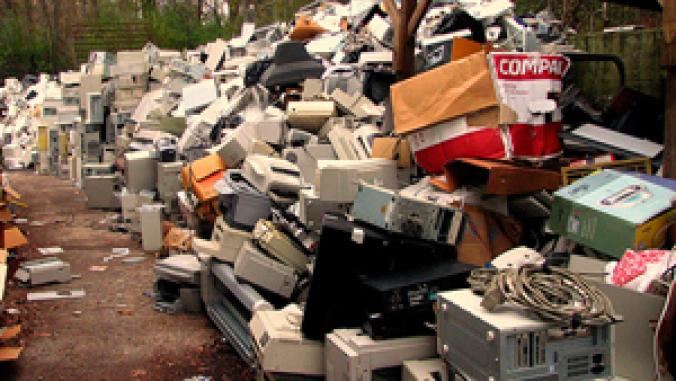E-Waste Recycling Certification Gets Underway at ISRI
<p>The Institute of Scrap Recycling Industries has incorporated responsible electronics recycling standards into its RIOS guidelines, and will soon begin certifying companies for adopting environmentally safe recycling processes.</p>

At the eScrap Conference earlier this month, the Institute of Scrap Recycling Industries announced that it was ready to begin certifying firms for environmentally responsible e-waste recycling practices.
ISRI, a trade association for the recycling industry, said its new certification will incorporate the Responsible Recycling guidelines into ISRI's Recycling Industry Operating Standard (RIOS) recycling standard, which currently covers recycling of all types of materials, from paper to plastics.
The Responsible Recycling (R2) guidelines were developed in partnership with the U.S. EPA to address the environmental and health impacts of discarded electronics. Among the guidelines in the EPA's R2 standards are:
• Develop and use a management system that covers environmental, worker safety and public health practices on-site and downstream management of end-of-life (EOL) equipment and materials;
• Establish a policy that promotes reuse and materials recovery for [end of life] equipment and materials;
• Comply with environmental, health, and safety legal requirements, both domestically and internationally, that are applicable to the recyclers' operations;
• Use practices to reduce exposures and emissions during recycling operations;
• Export (or arrange for the export of) focus materials only to foreign countries that accept them.
{related_content}The R2 standards were originally intended to be developed by the EPA, the ISRI and environmental groups including the Basel Action Network and the Electronics Takeback Coalition; but the green groups withdrew from the R2 partnership in October 2008, citing several important shortcomings in the R2 standards.
As we reported in 2008:
"The current R2 standards won't actually change the problems that the GAO report outlined, because R2 doesn't require certified recyclers to prove that their e-waste isn't exported to these countries without their permission," said Barbara Kyle, the national coordinator for the Electronics TakeBack Coalition. "What's the point of having a 'responsible recycling' standard if you don't deal with the biggest problem plaguing this industry?"
The three basic standards that both environmental groups agree are baseline priorities for responsible recycling are that toxic e-waste should not be exported for disposal if the recipient countries have laws against such imports; that e-waste shouldn't be incinerated to acquire the valuable metals within; and that e-waste should not be sent to prison recycling programs, whether in the U.S. or internationally.
After leaving the R2 partnership, environmental groups, working with some electronics recyclers, launched the competing E-Stewards certification, which aims to incorporate socially and environmentally responsible e-waste disposal, and process all electronic waste domestically.
But with the adoption of the R2 certification by the ISRI, a huge number of recycling companies will have access to guidelines for safer disposal of electronic waste. The full R2 guidelines are available for download from GreenerComputing, and for more on the ISRI's adoption, visit its RIOS information page.
